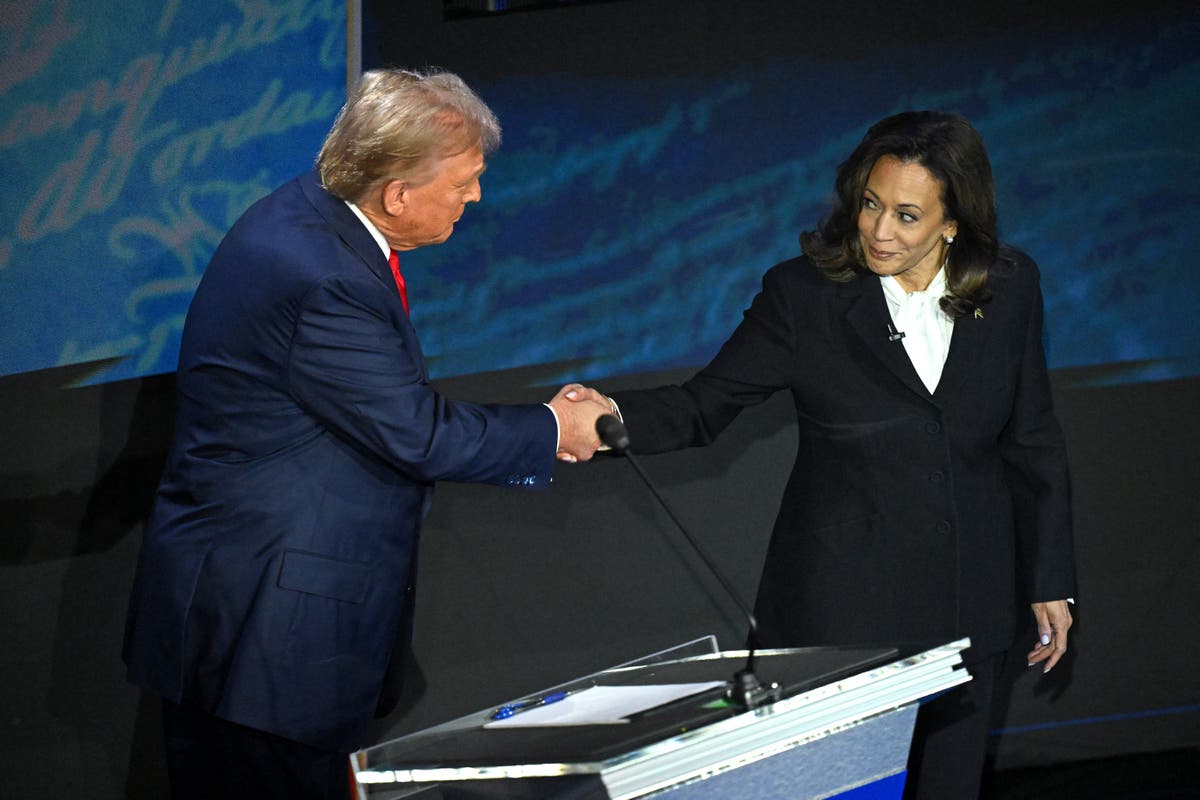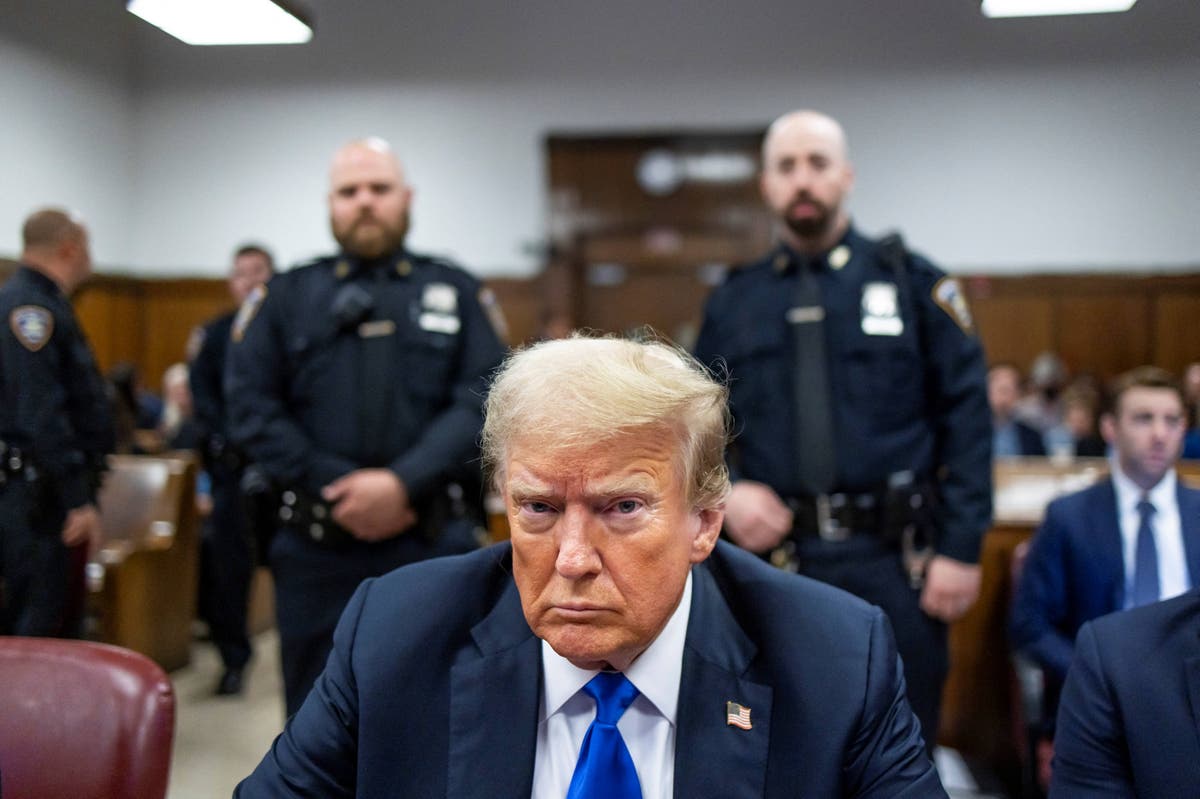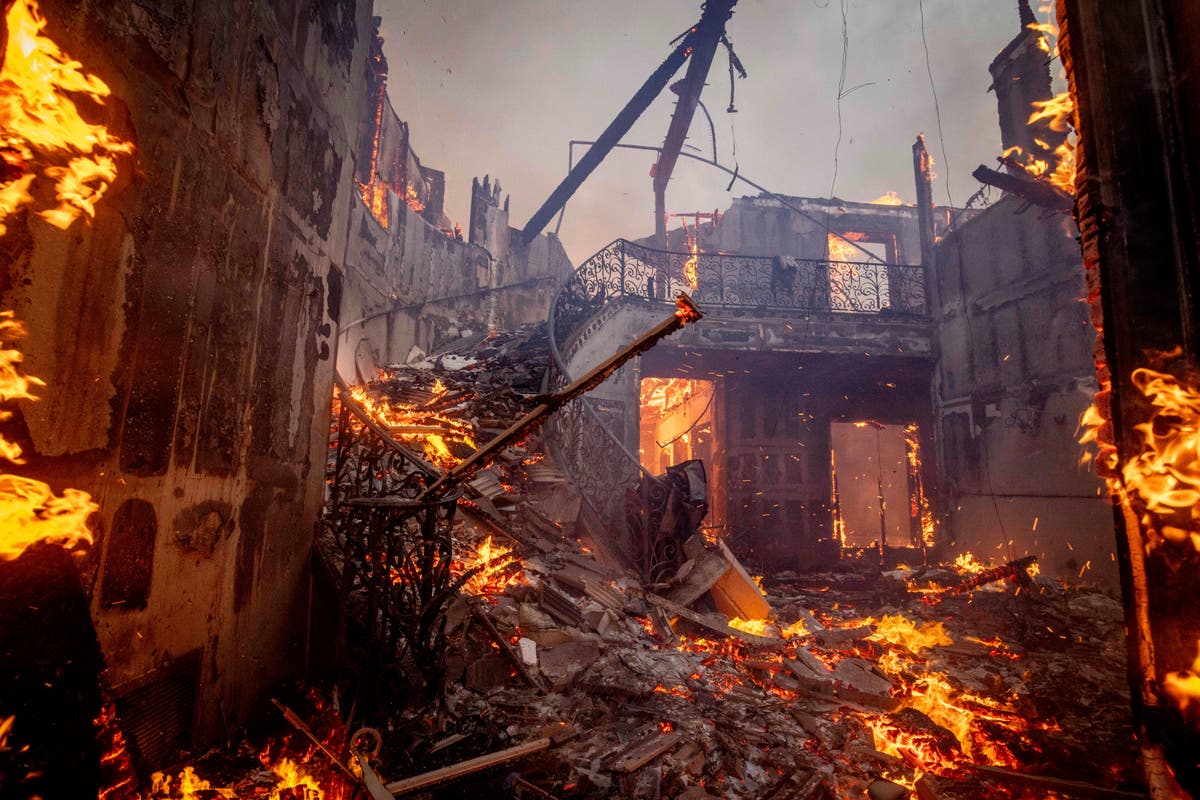Vice President Kamala Harris is set to certify Donald Trump's election victory on January 6th, a task fraught with political tension following her previous pronouncements about Trump's threat to democracy. This comes four years after a mob, fueled by Trump's rhetoric, attacked the US Capitol in an attempt to overturn the 2020 election results.
Harris, who has repeatedly criticized Trump, calling him a "fascist" and a "petty tyrant", is legally obligated to preside over the certification of electoral votes. Federal law mandates a Congressional session on January 6th to formally declare the election winner. This duty, while seemingly routine, presents a significant political challenge for Harris.
The upcoming certification process contrasts sharply with Harris' previous public statements. Her campaign rhetoric highlighted Trump's alleged instability and potential for harm to American democracy and reproductive rights. In numerous speeches, she warned of his "obsessive revenge", and "unchecked power".
Despite these warnings, Harris now finds herself positioned to officially validate Trump's victory. This decision is in stark contrast to her earlier criticisms. The stark reality of her role in this process, coupled with the 2020 Capitol attack, underscores the complex political landscape of the upcoming certification.
Security measures are expected to be significantly enhanced for the upcoming proceedings. The Department of Homeland Security has declared January 6th a "National Special Security Event," signaling heightened security precautions. This reflects the potential for heightened tensions and the need for preventative measures. The potential for further political upheaval underscores the gravity of this pivotal moment in American history.







